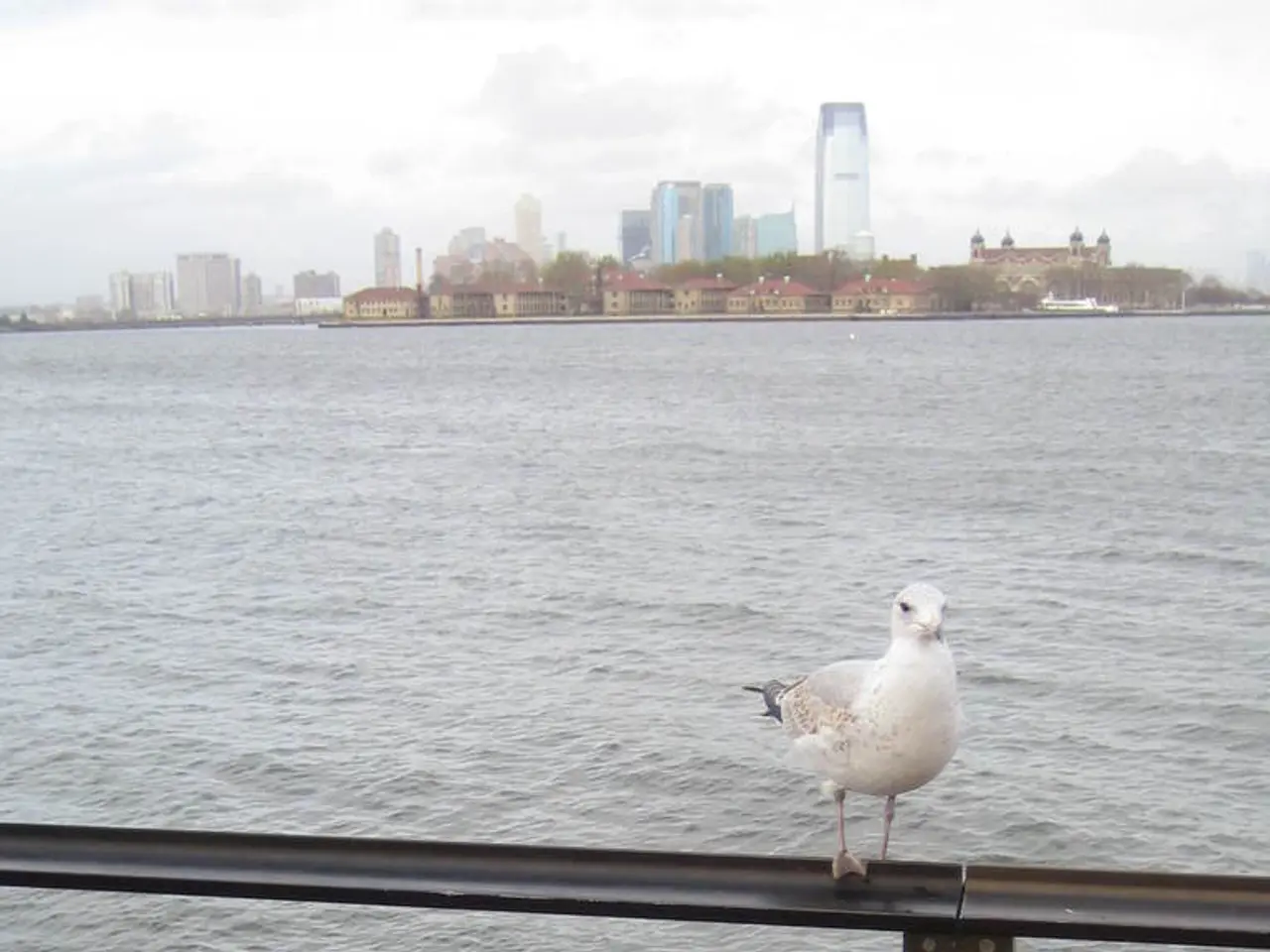The Importance of World Nature Conservation Day in Light of Current Environmental Crises - and Strategies for Personal Contribution
In the 20th century, often referred to as the Great Acceleration, human activities have taken a heavy toll on the planet. The population quadrupled, and the global economy grew by a factor of 25, intensifying species extinction and disrupting ecosystems worldwide [1].
Deforestation, overfishing, pollution, and habitat destruction have been key drivers of this biodiversity loss, triggering what conservation biologists call the Holocene extinction. Deforestation, in particular, accounts for nearly 10% of global emissions, contributing to greenhouse gas increases and global warming [2].
The burning of fossil fuels, industrial farming, and chemical fertilizers have drastically increased atmospheric CO2 concentrations, directly linking human emissions to climate change. These shifts in climate and land use have destabilized ecosystems globally [2].
The impact of human activities can be seen in historical examples such as the United States, where vast forest areas were cleared during the 18th and 19th centuries for agriculture, industrial logging, urban expansion, and energy needs. This resulted in the loss of about a quarter of forest cover in eastern states by 1860 [3].
Modern resource consumption patterns exacerbate environmental pressure. Richer, industrialized nations consume natural resources far beyond sustainable levels, leading to early annual resource depletion dates known as Earth Overshoot Days. This unequal resource use contributes disproportionately to global environmental degradation [4].
The consequences of this environmental degradation are far-reaching. We're losing one million species to extinction, many within decades [2]. Over 2 billion people live in water-stressed countries, and contaminated water, natural disasters, and grid failures pose a threat to survival, making clean water essential [5].
However, there's hope. Supporting local conservation efforts through volunteering or donating can help protect watersheds, forests, and wildlife. Growing a backyard garden or native habitat can benefit both the planet and personal health. Planting trees or supporting reforestation projects can help combat climate change, as one tree can absorb over 48 lbs of CO2 per year [6].
Choosing products built to last can reduce waste and impact on the environment. Keeping a safe distance from wildlife, not feeding wild animals, and avoiding disturbing their habitats can help protect them. Reading up on local environmental challenges can provide knowledge to effect real change. Switching to renewable energy sources, if available, or installing solar panels can make a difference in reducing carbon footprint.
World Nature Conservation Day serves as a reminder that the time to act on these environmental issues is now. It's not just a symbolic observance, but a wake-up call to address the real pressure on forests, rivers, mountains, and ecosystems. The focus of conservation is not just on protecting scenic hiking trails or national parks, but on ensuring the survival of human populations.
In the face of the environmental crisis, it's important to remember that nature is not a luxury, but a lifeline, providing essential resources like water, air, food, and survival. Let's take action to protect our planet and secure a sustainable future for generations to come.
References:
[1] Wilson, E. O. (2016). Half-Earth: Our Planet's Fight for Life. Liveright Publishing Corporation. [2] IPCC (2018). Global Warming of 1.5°C. Intergovernmental Panel on Climate Change. [3] National Geographic Society. (2018). The History of Deforestation. Retrieved from https://www.nationalgeographic.org/encyclopedia/deforestation/ [4] Global Footprint Network. (2020). Earth Overshoot Day. Retrieved from https://www.footprintnetwork.org/our-work/ecological-footprint/national-footprints/earth-overshoot-day/ [5] United Nations (2019). World Water Development Report 2019: Leaving no one behind. Retrieved from https://www.un-water.org/wwdr/2019/ [6] National Wildlife Federation. (2019). The Benefits of Trees. Retrieved from https://www.nwf.org/Wildlife/Nature-Resources/Trees/Benefits-of-Trees.aspx
- Proactively supporting local conservation efforts, whether through volunteering, donating, or personal initiatives like growing a backyard garden, benefits both the planet and personal health, contributing to sustainable living.
- Choosing filtration systems for home-and-garden use, such as bottles designed for hiking and outdoor activities, can help ensure access to clean water, a crucial aspect of survival, in water-stressed countries.
- In the realm of environmental science, the loss of clean water sources is a pressing issue exacerbated by climate-change, requiring urgent attention and action to protect species and human populations.
- Deforestation, driven by human activities like industrial logging and urban expansion, contributes to global greenhouse gas increases, linking climate-change to our lifestyle choices and the unsustainable use of resources in richer, industrialized nations.
- Reforestation projects, alongside avoiding disturbing wildlife habitats and keeping a safe distance from wildlife, are important steps in mitigating the effects of climate-change and promoting sustainable living.
- Adopting a sustainable lifestyle, which involves reading up on local environmental challenges, switching to renewable energy sources, and installing solar panels, can help reduce carbon footprint and protect our planet, a lifeline that provides essential resources for human survival.




